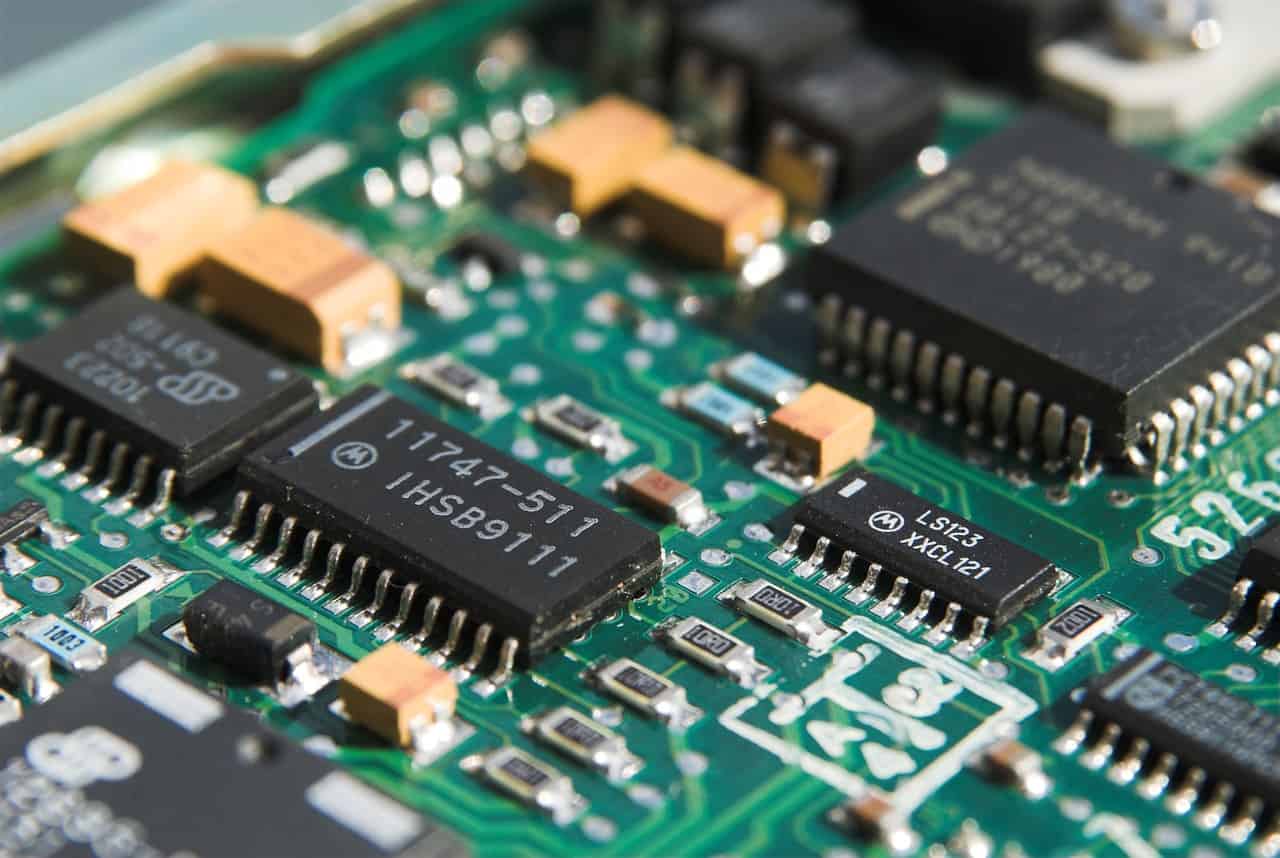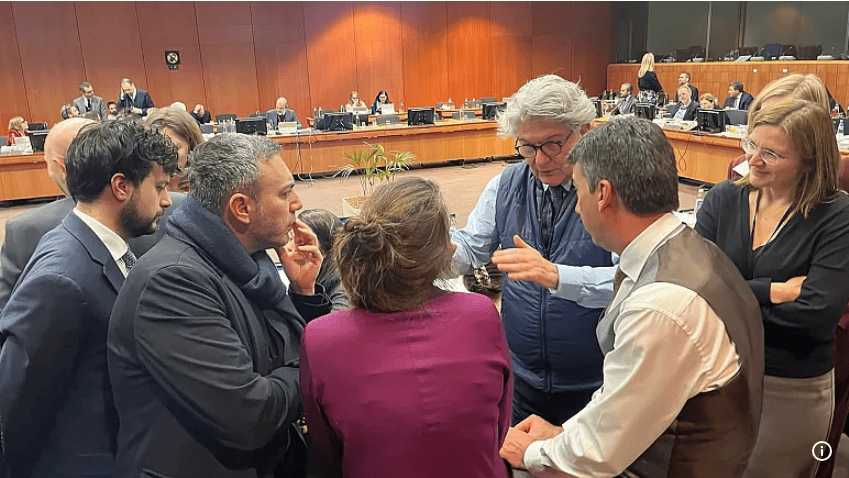
The European Chips Act was created to take Europe’s microchip industry to a new level. The European Union freed up billions of euros to build new semiconductor manufacturing facilities, including in Germany, Poland, and Italy. Operating these new high-tech sites will require many engineers and technicians.
It is still unclear where these specialists are to come from. The electronics industry is already facing an acute shortage of qualified personnel. In Austria alone, 14,000 additional skilled workers are needed; Europe-wide estimates are between 60,000 and 150,000.
- The European electronics industry faces a shortage of 60,000 to 150,000 skilled workers;
- The GreenChips-EDU aims to train specialists in microelectronics, funded with €7.15 million by the European Commission;
- The goal is to train 600 students in four years, with the possibility of continuation after the project.
GreenChips-EDU
To specifically combat this shortage of skilled workers, seven European universities have joined forces with another eight partners from industry and research in the GreenChips-EDU project. Together, they aim to promote the training of specialists in microelectronics. The European Commission is funding the four-year project with 7.15 million euros, and the Austrian Research Promotion Agency is adding another 750,000 euros, the Graz University of Technology writes in a press release.
“Production costs used to be the decisive factor in location decisions in the microelectronics industry,” says project manager Bernd Deutschmann, head of the Institute for Electronics at the Technical University of Graz. “Today, microchips are developed and built where the specialists are. With GreenChips-EDU, European universities are joining forces for the first time to develop common curricula for training in electrical engineering and microelectronics and thus train the necessary specialists in the best possible way.”

Focus: energy efficiency and sustainability
The courses aim to develop and produce sustainable and energy-efficient microchips, as energy-saving microchips are essential for achieving Europe’s climate goals. According to Deutschmann, the main focus is on power electronics. “Europe is an international leader here and has a great need for personnel, for which we want to qualify young people,” he said.
“Our goal is for 600 students to complete a bachelor’s or master’s degree over the four-year project period,” Deutschmann said. The master’s programs should be maintained beyond the end of the project period. In addition to the degree programs, GreenChips-EDU is developing continuing education courses for the further and higher qualification of skilled industry workers.








